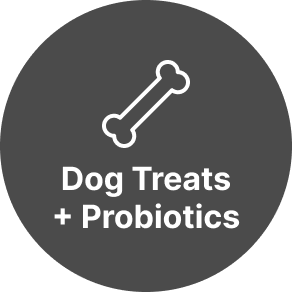
Great Products, Great Prices.
The SimpleWag Difference
It’s simple, high quality products for pets of all sizes at an unbeatable price.

Made in USA with the World's Finest Ingredients

Popular Pricing

Lab Tested & Certified
Our Mission
SimpleWag is committed to producing world-class quality across all of our wellness products. At Simple Wag, those products come to life in our premium wide range of products for both dogs and cats!
Wide Range of Products to choose From.
Products are Safe and Stress-Free
Products are Safe and Stress-Free
SimpleWag designs unique products that are affordable and will make your pets happy
SimpleWag has proudly served pets and pet owners alike with affordable, premium cat and dog products loved by both pets and their parents.
Trending On Our Blog

Simple & Affordable Pet Products
Simple & Affordable Pet Products SimpleWag has proudly served pets and pet owners alike with affordable, premium cat and dog products loved by both pets and their parents.




